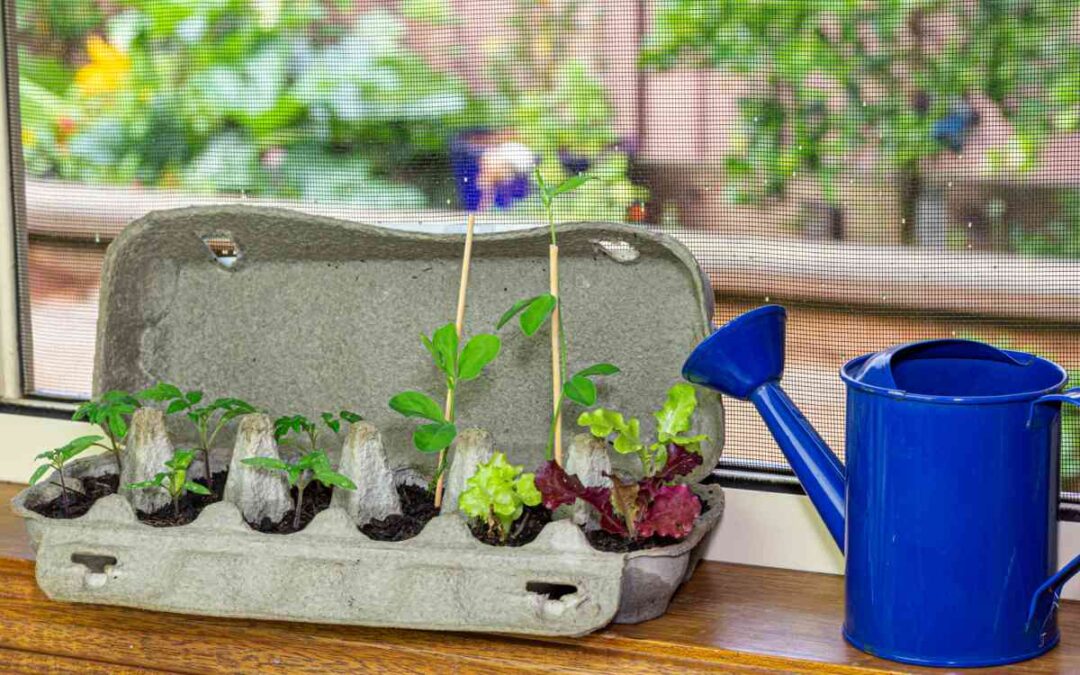Are you tired of seeing your trash can filled to the brim every week? Do you want to reduce the amount of waste you produce, but don’t know where to start? It’s time to rethink your waste management strategy and embrace the mantra for waste management: ‘reduce, reuse, recycle.’ Through reusing and repurposing household and yard waste, you can significantly lower your waste output. Not only does this save natural resources, it can also save you money.
This article will guide you on how to transform your trash into treasure, reduce waste, and contribute to a healthier planet.
1. The Power of Reuse
Waste management is not just about disposal. It’s about reducing the amount of waste we generate. An integral part of waste management is the principle of ‘reduce, reuse, recycle’. But how do we reuse waste? Reusing waste material can involve turning old household items into something new.
For instance, glass and plastic containers can be repurposed as plant pots or storage boxes. Reuse waste management not only reduces the amount of waste in landfills, but also saves money.
2. Repurpose Waste: Creative Recycling
There’s more to recycling than sorting your plastic, glass, and paper into different bins. Repurposing is a form of waste reuse and recycling that can be fun and creative.
A plastic water bottle can be transformed into a bird feeder, old t-shirts can become reusable shopping bags, or an old ladder can become a unique bookshelf. Repurposing these items saves natural resources, as it reduces the need for new raw materials.
3. Save Resources, Save Money
Did you know that reusing and repurposing waste can save you money? When you reuse items, you’re not just reducing waste – you’re also avoiding the cost of buying new items. For example, reusing glass and plastic containers instead of buying new ones saves money.
Similarly, using repurposed items means you’re not buying as many new items, which reduces demand for raw materials and saves natural resources.
4. Be a Part of the Solution
Joining recycling programs and committing to reduce, reuse, and recycle at home is an important step towards waste reduction.
By reusing and repurposing, you are taking an active role in waste management. You are reducing the amount of solid waste that ends up in our landfills. You’re also conserving resources by reducing the need for new raw materials.
The Bottom Line
Reusing and repurposing waste are key steps towards waste reduction. It’s about more than just recycling; it’s about finding new uses for items that would otherwise be discarded.
So next time you’re about to throw away an item, stop and think: could this be repurposed or reused? Your waste management choices can make a difference for your wallet, and for the planet.
